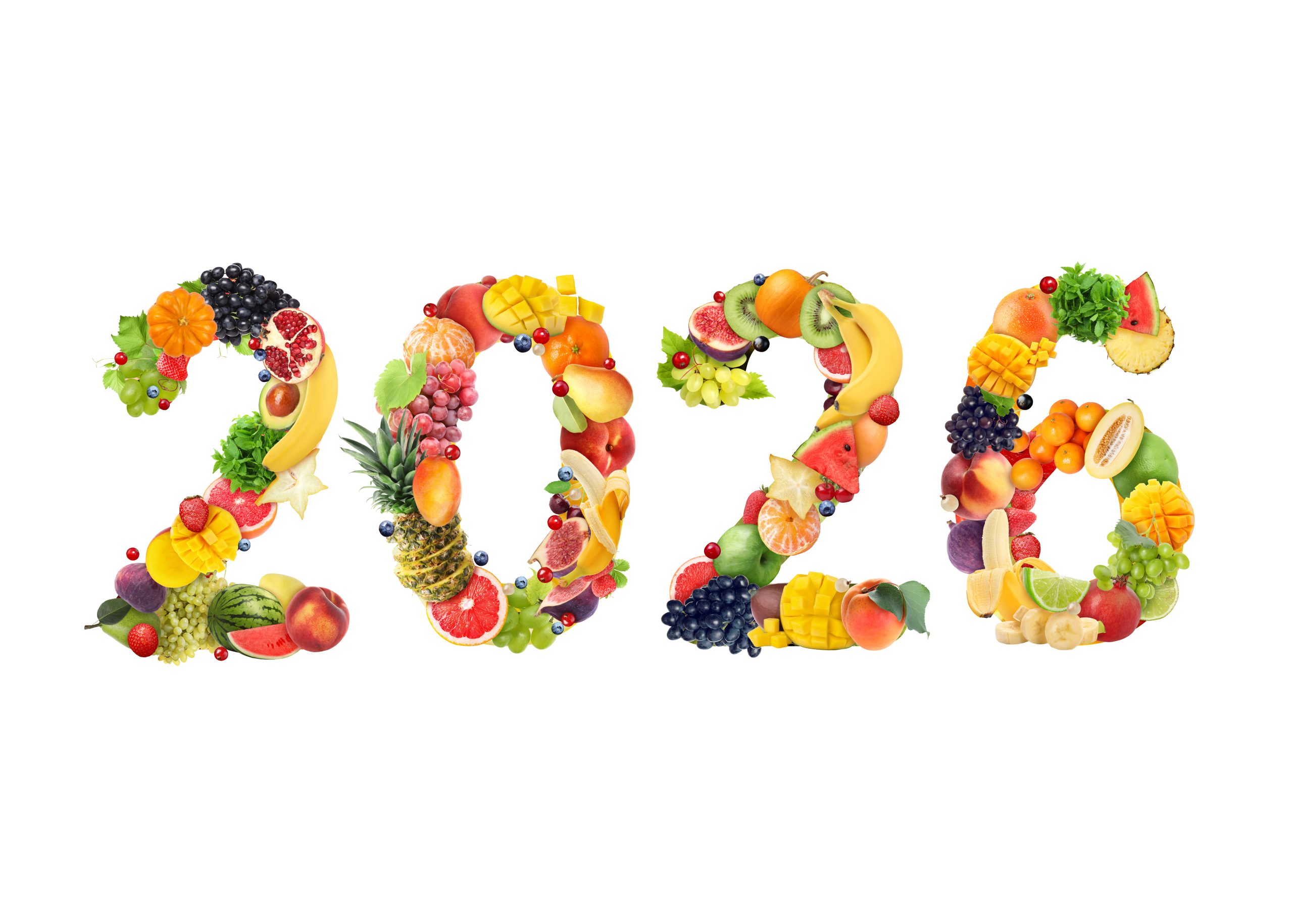Most authors and readers know they need to be careful not to overstate findings, to distinguish between causation and association, and to accurately represent the data. While some authors that submit to JNEB received classroom training on how to structure a scientific paper, others may not have had that opportunity. Fortunate persons may have had personal mentors to coach them through a thesis or dissertation, while some may have struggled on their own. It is the job of the JNEB editorial staff to carefully review submissions for content and potential impact on the field.
However, the JNEB editorial staff is also responsible for ensuring that the journal reflects the best in scientific writing. Even the most meticulous scientific writers misuse words and forget grammar rules. These mistakes delay the reviewing process, frustrating authors and JNEB editorial staff. This column aims to address the most common mistakes seen in submissions. Hopefully, this list will help identify and clarify these kinds of issues.
continue reading
Related Posts
It’s a Busy Time for Nutrition. What’s Happening A current
The New Year is a time to look ahead…for dietary
SNAP benefits may have resumed but Dr. Marion Nestle assesses



